Frederica Freyberg:
A closer look now at turning to voters to boost funding for public K-12 schools. On April 1st, voters in 89 districts across the state will see school spending referendums on the ballot. In Racine, the city’s public schools face one of those pivotal votes Tuesday, as the debate over school choice and funding methods intensifies. “Here & Now” reporter Aditi Debnath has more.
Aditi Debnath:
Home to the state’s fifth largest public school district, Racine finds itself at the center of Wisconsin’s ongoing education funding debate. On April 1st, voters will decide on a crucial $190 million referendum that could determine the future of Racine Unified School District.
Soren Gajewski:
Well, right now, what we’re asking from our community is to allow us to hold the budget we have right now.
Aditi Debnath:
Soren Gajewski is the superintendent of Racine Unified.
Soren Gajewski:
So the budget that I have this year, the staffing that I have this year, the programs that we have right now, we want to be able to maintain that.
Aditi Debnath:
That budget, staffing and programing is all at risk if taxpayers vote no.
Ryan Knudson:
It’s kind of scary to think about what it might be. You know, is it going to be school nurses? Is it going to be social workers, counselors?
Aditi Debnath:
Ryan Knudson is an eighth-grade teacher and parent at Racine Unified. He says he’s voting yes on April 1st.
Ryan Knudson:
I think anybody would agree we want local workers. We want a good local economy and I think it starts with the public school system.
Aditi Debnath:
Just three miles down the road from that K-8 public school is a private school called Saint Catherine’s.
Gloria Schumacher:
I always talk to the kids about remember why your mom and dad want you to come to this school and remember why it’s special.
Aditi Debnath:
St. Catherine’s is one of 36 schools in the Racine Parental Choice Program, which allows parents to use taxpayer dollars as vouchers for private school education.
Brenda White:
Well, it’s a wonderful opportunity for parents now across the state to have a choice in where they would like to send their child to school.
Aditi Debnath:
Brenda White was the former president of Siena Catholic Schools, the system of seven private schools in Racine that includes St. Catherine’s. Currently, she serves on the board of School Choice Wisconsin.
Brenda White:
Very key to why parents choose a private school is because we can determine what that curriculum instruction is going to look like.
Aditi Debnath:
Educational freedom is a main argument from supporters of school choice but the program is a point of contention between supporters like White and critics concerned about its impact on public school funding.
Soren Gajewski:
People choosing to have different types of education is a part of being in a free country, but we have tax dollars that our public is assuming is going to their public schools and being represented by the school board and in the voucher situation, that is not happening.
Aditi Debnath:
Gajewski refers to the way voucher schools are funded from the state’s total education coffers. For example, this year the state’s general aid to Racine Unified Public Schools is more than $180 million. The estimated cost of the Racine Parental Choice program is more than $44 million. That leaves property taxpayers to backfill the funding siphoned to private schools through district referenda.
Brenda White:
I think it’s important to point out that decoupling and the way the state funding is — works now is a separate issue from the referenda.
Aditi Debnath:
White says the solution is to separate public and voucher school funding in the state budget. Referred to as “decoupling,” public schools would be funded with property tax dollars and voucher schools with general purpose tax revenue. White claims this would protect public schools from losing funding to private schools.
Brenda White:
It’s a win-win to both the district who would increase their state aids, and it would be a win for property taxpayers who would have that burden lessened.
Aditi Debnath:
The state Senate failed to pass the bill that would have decoupled Racine schools last year before it even made it to the floor. Critics like Knudson have concerns over further protecting choice programs in state law.
Ryan Knudson:
I think that program is — it’s very damaging to public schools when we, when we could be allocating resources to public schools to address the concerns of the community.
Aditi Debnath:
The debate in Racine reflects a broader statewide and national conversation about the role of public versus private education. But regardless of what conversations are happening in Madison, Superintendent Gajewski faces a looming $24 million budget deficit next week if his referendum fails.
Soren Gajewski:
This year, once again, referendum are showing up on the ballot across the state, including our neighbors to the south, that had a referendum a few weeks back in February that did not pass.
Aditi Debnath:
Kenosha schools, their neighbors to the south, failed to pass a $115 million ballot referendum.
Jeff Weiss:
80% of our budget is staff, and that’s typically where the cuts and reductions are going to be.
Aditi Debnath:
Jeff Weiss runs the Kenosha Unified School District, the only Wisconsin school to fail its referendum in the February election. This came months after Wisconsin schools like Kenosha ran out of the federal ESSER dollars meant to help schools with setbacks coming out of the COVID-19 pandemic. Weiss now faces a $19 million deficit.
Jeff Weiss:
The ESSER funding, the way that was set up, it was primed to have school districts have to go to referendum in order to continue to operate.
Aditi Debnath:
Wisconsin received $1.5 billion in ESSER funding in 2021. At the time, the Republican-controlled Legislature gave $0 increases in per pupil state aid to schools, counting federal dollars as state funding. In the current budget, per pupil revenue did increase by $325, but the ESSER money ran out this past September, leaving the already stretched thin public schools to cut costs.
Soren Gajewski:
The biggest cut was in staff, about $10 million in staff last year.
Jeff Weiss:
We reduced the number of buildings that we had and the schools that we operated in by seven, and that saved us about $9 or $10 million.
Aditi Debnath:
As April 1st approaches, the eyes of educators and policymakers across Wisconsin will be on Racine.
Soren Gajewski:
This funding gap is not a Racine Unified situation. It is a state of Wisconsin situation. So it is there. It will be there next year and the year after and the year after. It has to be resolved.
Aditi Debnath:
Reporting from Racine, I’m Aditi Debnath for “Here & Now.”
Search Episodes
News Stories from PBS Wisconsin
04/01/25
Underly wins Wisconsin’s 2025 state superintendent election and state voter ID amendment passes
03/31/25
How a 2025 election in Wisconsin became the most expensive race for a court seat in US history

Donate to sign up. Activate and sign in to Passport. It's that easy to help PBS Wisconsin serve your community through media that educates, inspires, and entertains.
Make your membership gift today
Only for new users: Activate Passport using your code or email address
Already a member?
Look up my account
Need some help? Go to FAQ or visit PBS Passport Help
Need help accessing PBS Wisconsin anywhere?

Online Access | Platform & Device Access | Cable or Satellite Access | Over-The-Air Access
Visit Access Guide
Need help accessing PBS Wisconsin anywhere?

Visit Our
Live TV Access Guide
Online AccessPlatform & Device Access
Cable or Satellite Access
Over-The-Air Access
Visit Access Guide
 Passport
Passport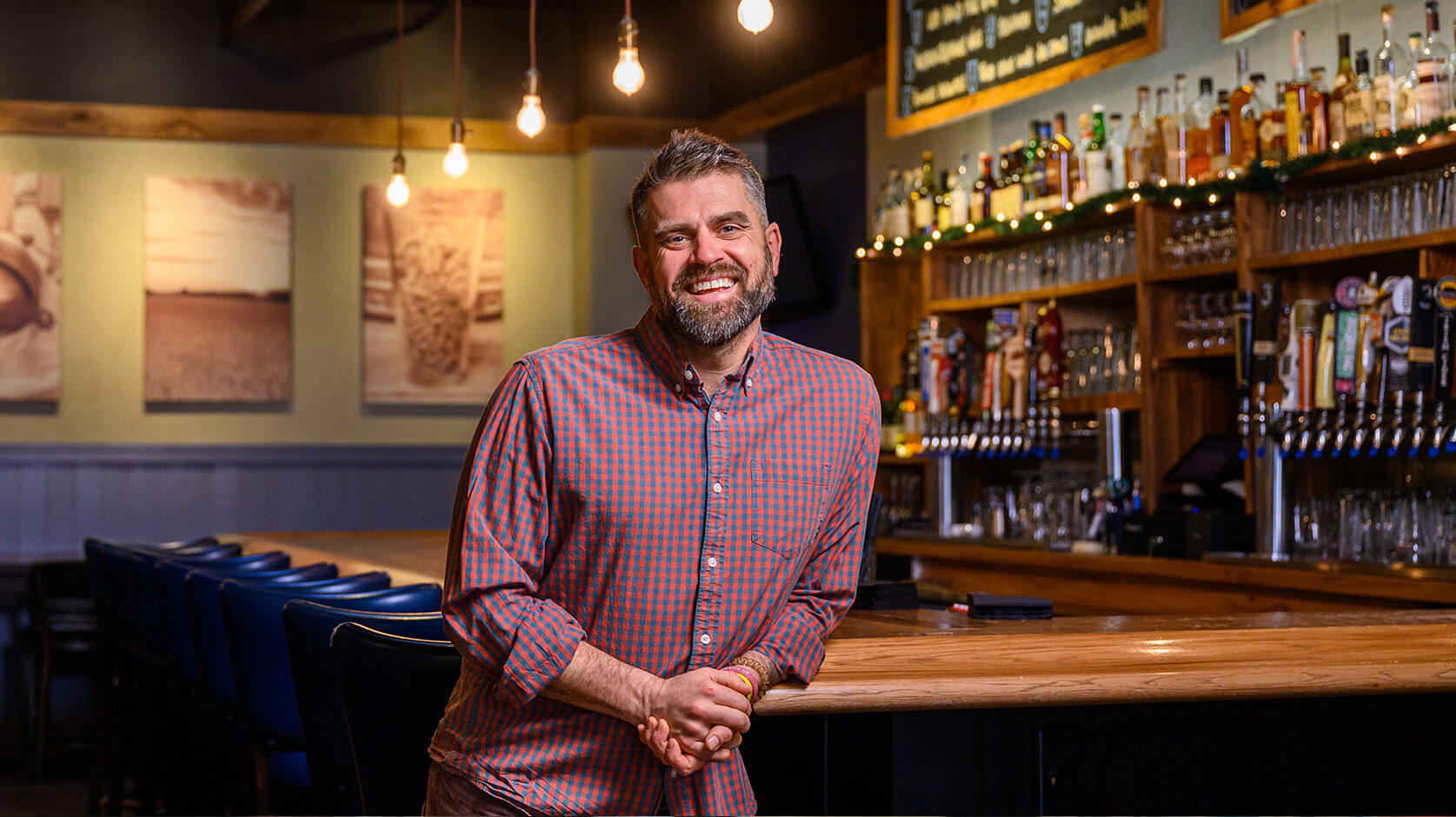

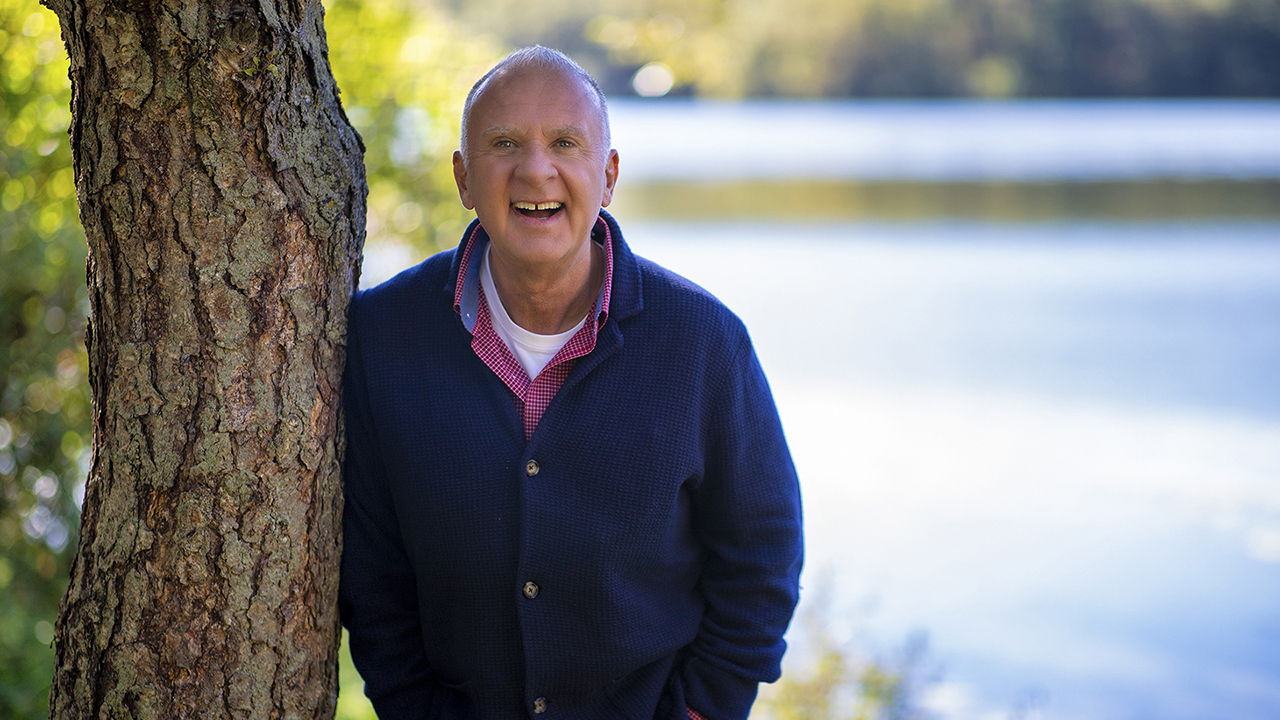



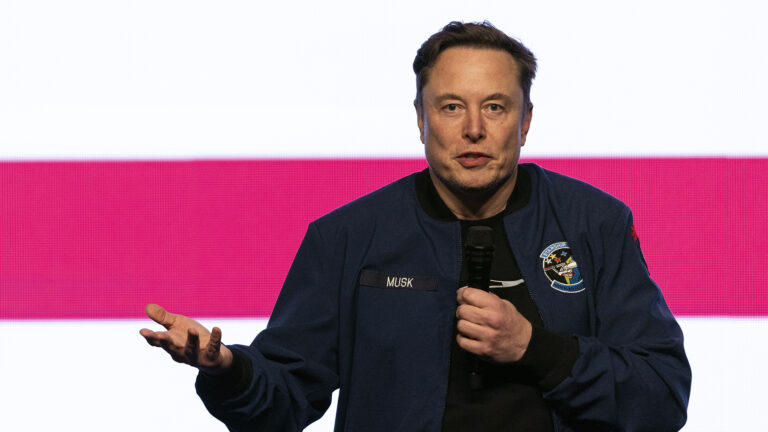
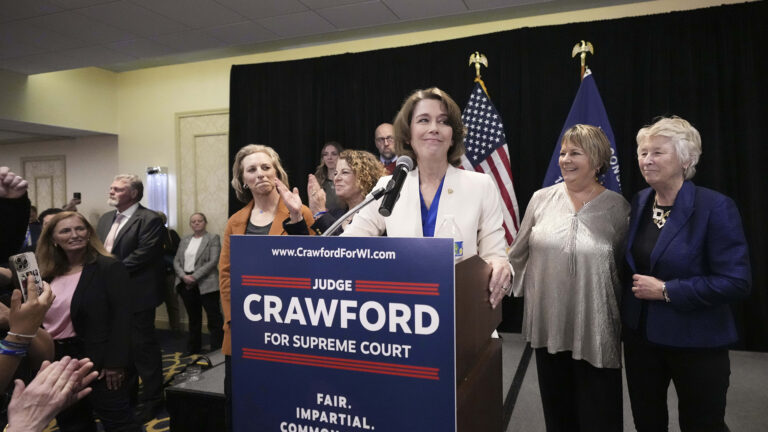
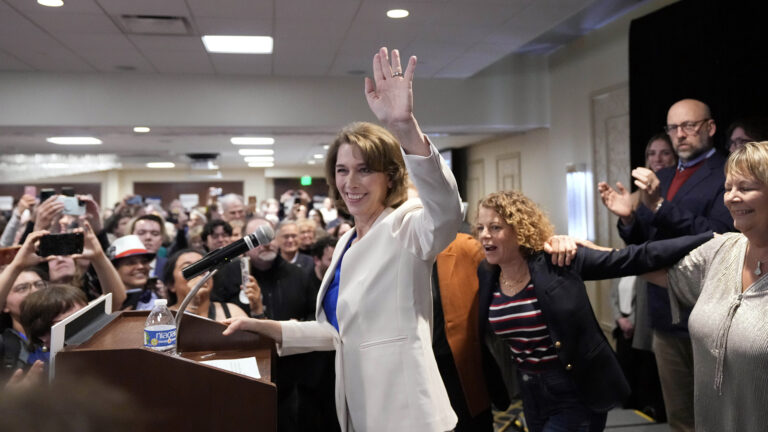
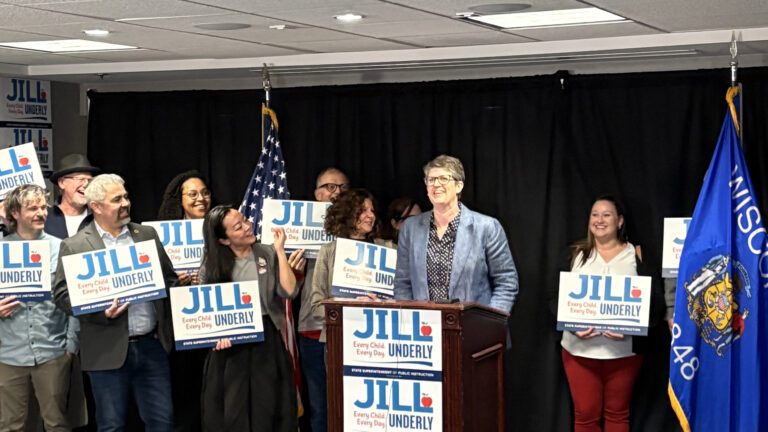
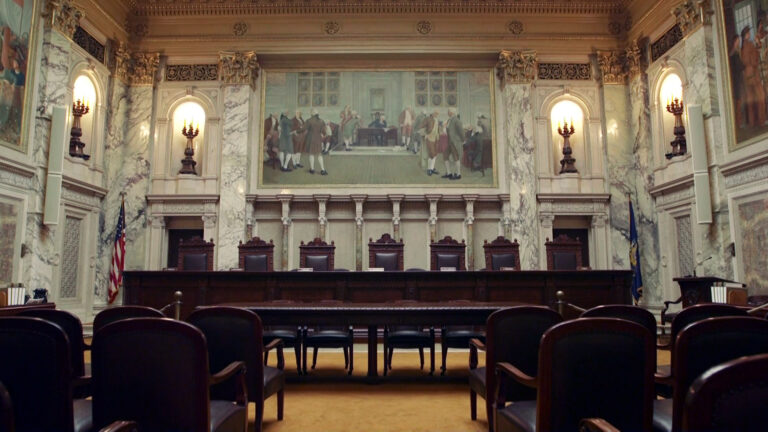
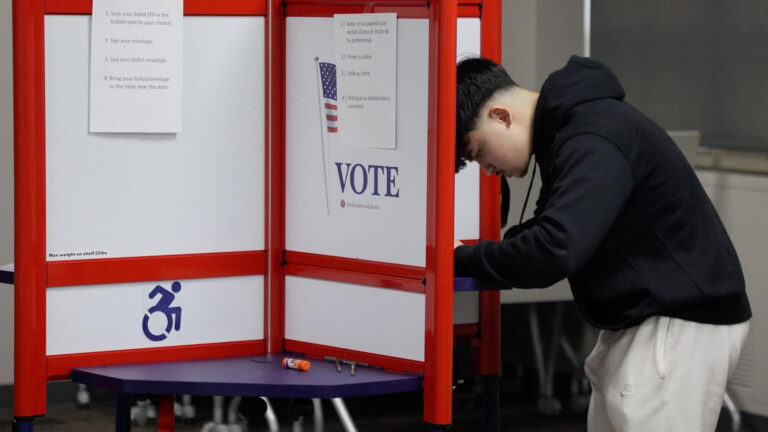
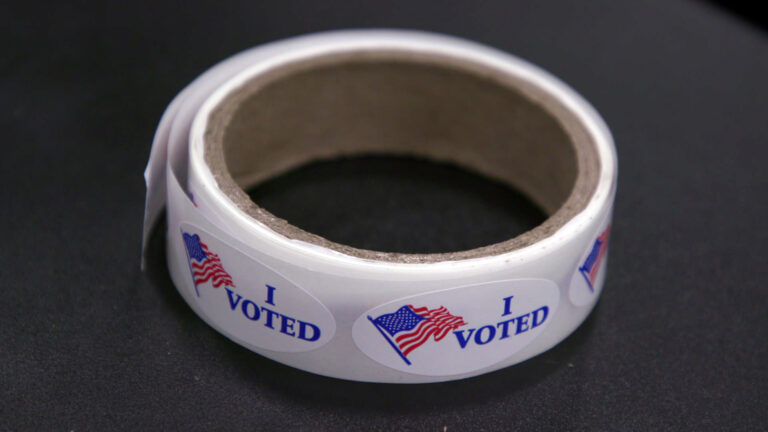
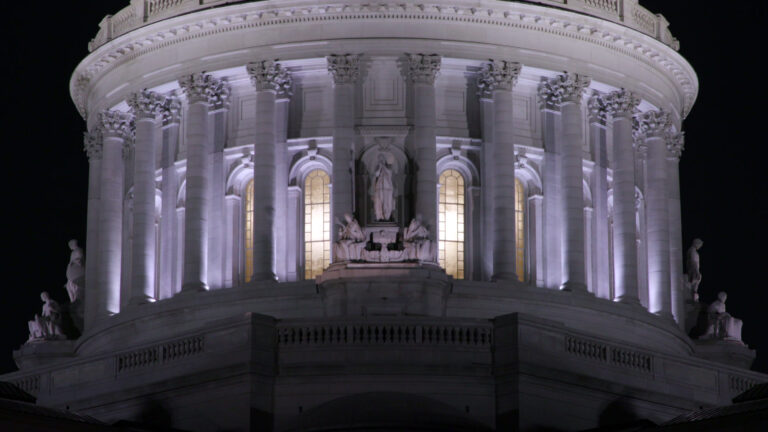
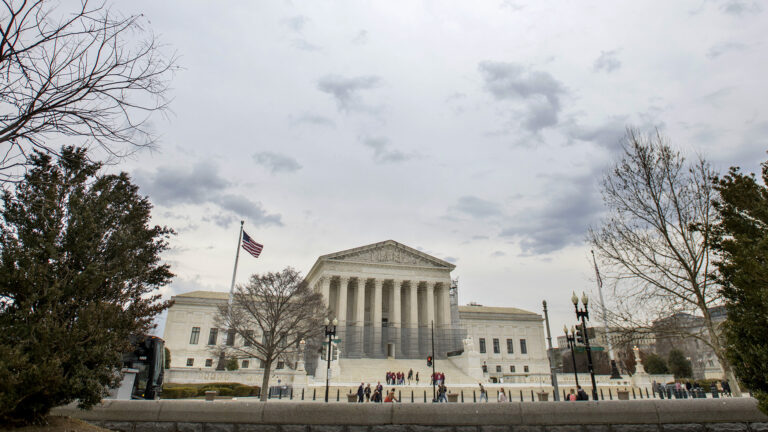
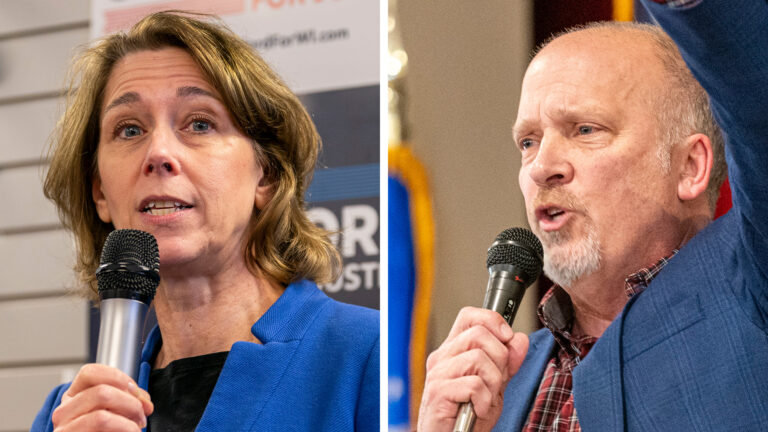
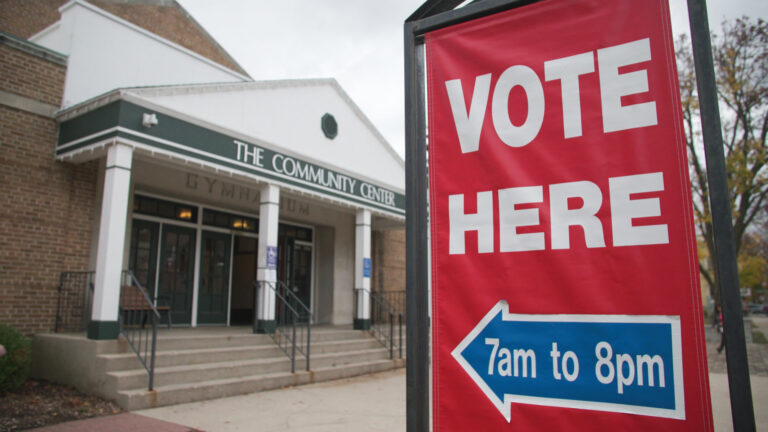


Follow Us